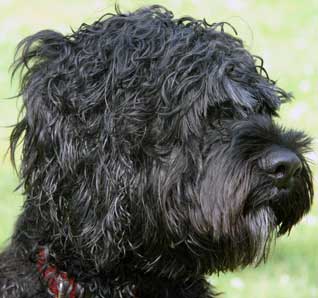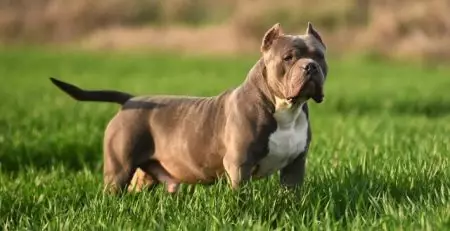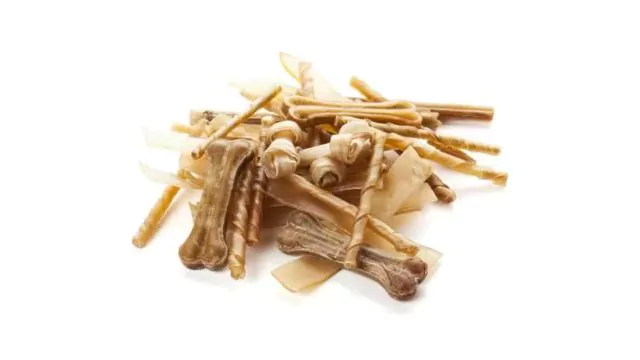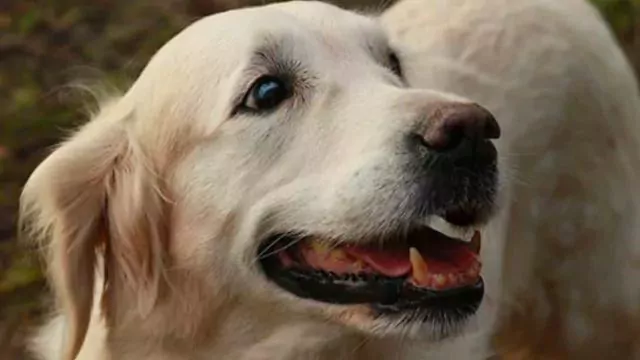Dogs & Allergy Sufferers
Have you got an allergy to dogs? This will give you a list of dogs that do not normally cause allergic reactions.
Allergies and Dogs and Cats:
Dog and Cat Breeds For People With Allergies

Hypo-Allergenic Dog Breeds: These are the breeds of dogs that are listed as being hypo-allergenic; that means they provoke fewer allergic reactions in allergy sufferers.
These could be, for instance, asthmatics or people with other allergic reactions, that may cause rashes and other allergic symptoms.
There are various coat types that are said to produce fewer allergens: single-coated dogs, who do not have a thick undercoat; dogs whose coat continues to grow, like human hair, rather than shedding regularly; and hairless dogs.
These breeds usually shed less dander and hair and are, therefore, considered hypo-allergenic.
However, even hairless dogs can produce enough dander to affect a highly allergic person.
For allergy sufferers, a hypo-allergenic pet might enable them to have a pet in their home, whereas most dogs, cats, rabbits, and other fur-bearing animals can make their lives miserable.
(1) The reality is that the proteins that cause allergies are found not only in the animal’s fur or hair, but also in saliva, urine, mucus, and hair roots and in the dander sloughed from the animals’ skin.
Some dog breeds have been promoted as hypoallergenic, such as the Afghan Hound whose coat (hair) does not shed and is the same pH as human hair creating no dander,
Maltese, Bichon Frisé, Shih Tzu, Poodle, Soft-Coated Wheaten Terrier, and the Schnauzer. Goldendoodles, Labradoodles and Cockapoos and other Poodle hybrids are sometimes good choices for those who have allergies, some of these dogs do not shed their hair or shed very little.
Cat breeds such as the Sphinx, Devon Rex and Cornish Rex, which lack some or all of the normal layers of cats’ fur, are believed by mild allergy sufferers to be significantly less likely to provoke an allergic reaction than other breeds. Siberian cats are also believed by some to have such properties.
Some dog breeds are marketed as hypoallergenic because they don’t shed fur or they shed very little. Because these dogs don’t shed, the allergy-causing dander that sticks to their fur doesn’t get released into the air or onto the floor as much as with a shedding dog. But while you may have less dog hair with a non-shedding dog. However, listing the dog is untrue. No dog breed is hypoallergenic.
If you’re allergic to dogs, but still want to have one, consider the following tips to reduce your allergy symptoms
- Choose a smaller dog, which will shed less dander than will a larger dog.
- Keep your pet out of your bedroom and other rooms in which you spend a lot of time.
- Keep your pet outside, if weather permits.
- Bathe your pet weekly to remove dander from its coat.
- Choose carpet-free flooring, or shampoo your carpet regularly.
- Use a high-efficiency particulate (HEPA) air purifier and vent filters to help reduce airborne pet allergens
List of supposed hypoallergenic breeds of dogs
Single-coated breeds
- Afghan Hound
- Basenji
- Bedlington Terrier
- Bichon (all types)
- Bichon Frisé
- Bolognese (dog)
- Cairn terrier
- Coton de Tulear
- German Shorthaired Pointer
- Greyhound
- Havanese
- Irish Water Spaniel
- Italian Greyhound
- Kerry Blue Terrier
- Lowchen
- Lhasa Apso
- Maltese
- Poodles (all sizes)
- Poodle hybrids
- Portuguese Water Dog
- Schnauzer (all sizes)
- Shih Tzu
- Soft-Coated Wheaten Terrier
- Yorkshire Terrier
- Whippet
- Native American Indian Dog
- Border Terrier
Hairless breeds
- American Hairless Terrier
- Chinese Crested (hairless)
- Mexican Hairless Dog (Xoloitzcuintli)
- Peruvian Hairless Dog
(1) Thanks to Mayo Clinic asthma and allergy specialist James T C Li, M.D., Ph.D. http://www.mayoclinic.com/health/hypoallergenic-dog-breeds/AN01953






